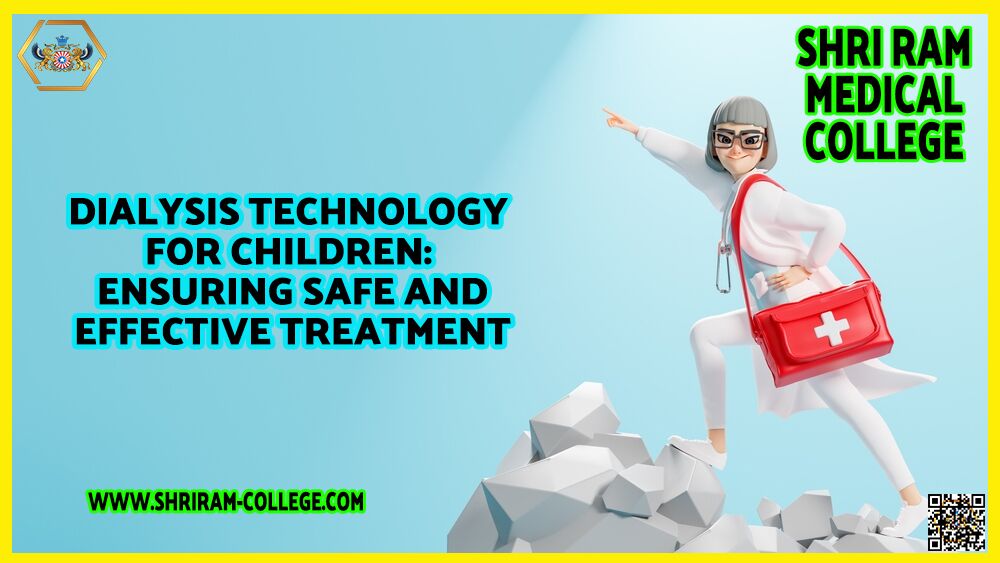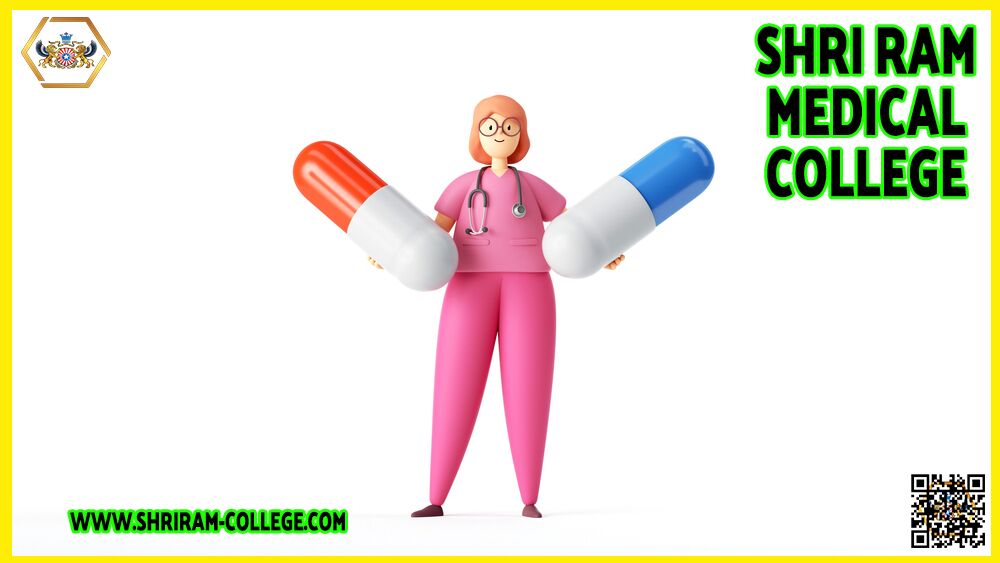No products in the cart.
Dialysis Technology for Children: Ensuring Safe and Effective Treatment
Introduction
Make sure your child gets safe and effective dialysis by reading this detailed advice. Find more about the several forms of dialysis, the difficulties experienced, the breakthroughs in technology, the precautions taken, and much more.
Kidney failure is a common condition in children, and dialysis is often necessary for their survival. A vital procedure, dialysis simulates kidney functions when the organs themselves are unable to do so. To ensure the well-being and quality of life for children, it is vital to ensure that dialysis therapy is safe and effective.
Understanding Dialysis Technology
Types of Dialysis for Children
Hemodialysis and peritoneal dialysis are the two main forms of dialysis for children. Blood is filtered in hemodialysis machines, whereas in peritoneal dialysis machines the lining of the abdomen to remove waste. The management of renal failure in pediatric patients relies on these different techniques, which are critical to their overall health and well-being.
Benefits of Dialysis for Children
Dialysis helps children with renal failure by filtering out extra water, waste, and salt. It also makes sure that vital molecules like bicarbonate and potassium are not too high or too low in the blood. For the general health and welfare of children suffering from renal failure, this essential dialysis function is paramount.
Challenges Faced in Dialysis Treatment for Children
The treatment and general health of children on dialysis are both impacted by the many obstacles these patients face. Physical pain, mental anguish, and interference with regular activities are all examples of difficulties that people may face. In order to help children patients manage the challenges of dialysis treatment while keeping their quality of life intact, it is crucial to address these hurdles.
Overcoming Challenges
Technological Advances in Pediatric Dialysis
Treatment results for children have been significantly improved by technological advancements in dialysis. The effectiveness and safety of dialysis procedures are enhanced by smaller machines, better filters, and more advanced monitoring systems. These developments not only enhance the treatment delivery but also make dialysis more pleasant for children, which in turn leads to better results and more positive experiences overall.
Special Considerations in Pediatric Dialysis
Dialysis for children requires a unique approach to meet their unique needs. To improve treatment results, it is important to take size, growth, and developmental stage into account. Healthcare practitioners can maximize the success of dialysis in juvenile patients by customizing treatment programs to meet their unique needs. This guarantees that young kids receive the finest care and support for their entire well-being.
Ensuring Safety in Pediatric Dialysis
To ensure the safety of juvenile dialysis patients and reduce potential complications, precautions must be taken. Healthcare professionals can reduce risks and offer a safe environment for children receiving dialysis by establishing rigorous safety standards. Not only do these safeguards prevent injury to children, but they also improve outcomes and help make dialysis a success for pediatric patients.
Infection Control
In pediatric dialysis, the risk of infections must be minimized by strictly following infection control guidelines. The use of sterile procedures during catheter placement, frequent equipment disinfection, and thorough hand hygiene are all part of this. Healthcare providers can ensure the safety of children receiving dialysis and reduce the risk of difficulties caused by microbiological contamination by following these steps to prevent infections.
Fluid and Electrolyte Balance
Potential problems in pediatric dialysis include electrolyte imbalances, fluid overload, dehydration, and improper fluid and electrolyte balance. Dialysis treatment in children must be carefully monitored to ensure their safety, reduce the likelihood of negative consequences, and improve their general health and wellness.
Growth and Nutrition
Proper nutrition is essential for the growth and development of children undergoing dialysis. When it comes to developing individualized meal plans that address the unique nutritional needs of children undergoing dialysis, nutritionists are indispensable. Supporting these children’s general health and well-being through ensuring they obtain appropriate nourishment helps optimize their outcomes during dialysis therapy.
Psychological Support
Children and their families may have emotional difficulties as a result of dialysis treatment. Children dealing with long-term health issues or undergoing medical procedures often benefit from psychological support services, such as therapy or joining a peer support group. Pediatric dialysis patients and their families might benefit emotionally and psychologically from the resources provided by healthcare providers.
Financial Considerations
Insurance Coverage
Dialysis for children might be complicated when it comes to insurance coverage. It is recommended that families carefully consider all of their alternatives and ensure they have enough insurance to pay necessary treatments and medications. Families may make sure their children get the medical treatment they need without worrying about unforeseen costs by taking the initiative to learn about and understand their insurance policy.
Financial Assistance Programs
When it comes to paying for pediatric dialysis, there are a lot of resources available to help families out. Grants, scholarships, and assistance from non-profits are all part of these initiatives. By providing these tools, we can help families cope with the costs of dialysis treatment, so kids can get the care they need without going into serious debt.
FAQs (Frequently Asked Questions)
Q: What are the main types of dialysis for children?
A: Hemodialysis and peritoneal dialysis are the main forms of dialysis for children. Both hemodialysis and peritoneal dialysis use the lining of the abdomen to filter waste materials out of the blood. The right amounts of substances in the blood and the overall health and well-being of children with renal failure are ensured by these treatments, which are critically important.
Q: How does dialysis benefit children with kidney failure?
A: In children with kidney failure, dialysis plays a vital role by eliminating waste, salt, and excess water from the body. Additionally, it ensures that the blood maintains appropriate levels of essential chemicals, thereby supporting overall health and proper bodily function.
Q: What are some challenges faced in pediatric dialysis treatment?
A: Managing infections, maintaining a patient’s fluid and electrolyte balance, monitoring their nutritional needs, and providing necessary emotional support are all aspects of pediatric dialysis treatment that can be challenging. To maximize treatment results and guarantee the safety of young dialysis patients, these factors must be carefully managed.
Q: How do technological advances improve pediatric dialysis?
A: The efficiency and safety of juvenile dialysis treatment has been greatly enhanced by technological advancements, such as smaller machines, updated filters, and advanced monitoring systems. By improving treatment quality and decreasing dialysis-related problems, these advancements benefit young patients with renal failure.
Q: What financial assistance options are available for families of children on dialysis?
A: Many different types of financial aid are available to families who are dealing with the expense of dialysis for their children. Insurance, grants, scholarships, and financial aid from charitable groups are all examples of this type of assistance. These tools are designed to help families afford pediatric dialysis so that their children can get the care they need without going into debt.
Q: How important is psychological support in pediatric dialysis?
A: Helping children and their families cope with the emotional difficulties associated with chronic illness and medical treatments is an important part of pediatric dialysis. Patients and their loved ones might benefit greatly from healthcare providers’ emotional support and counseling when dealing with the worry and stress that comes with dialysis.
Conclusion
Finally, pediatric dialysis equipment is critical for kids with renal failure to get safe and effective therapy. Optimizing results and improving the quality of life for children undergoing dialysis can be achieved by healthcare providers by recognizing the obstacles, utilizing technology breakthroughs, establishing safety precautions, and offering comprehensive support.



